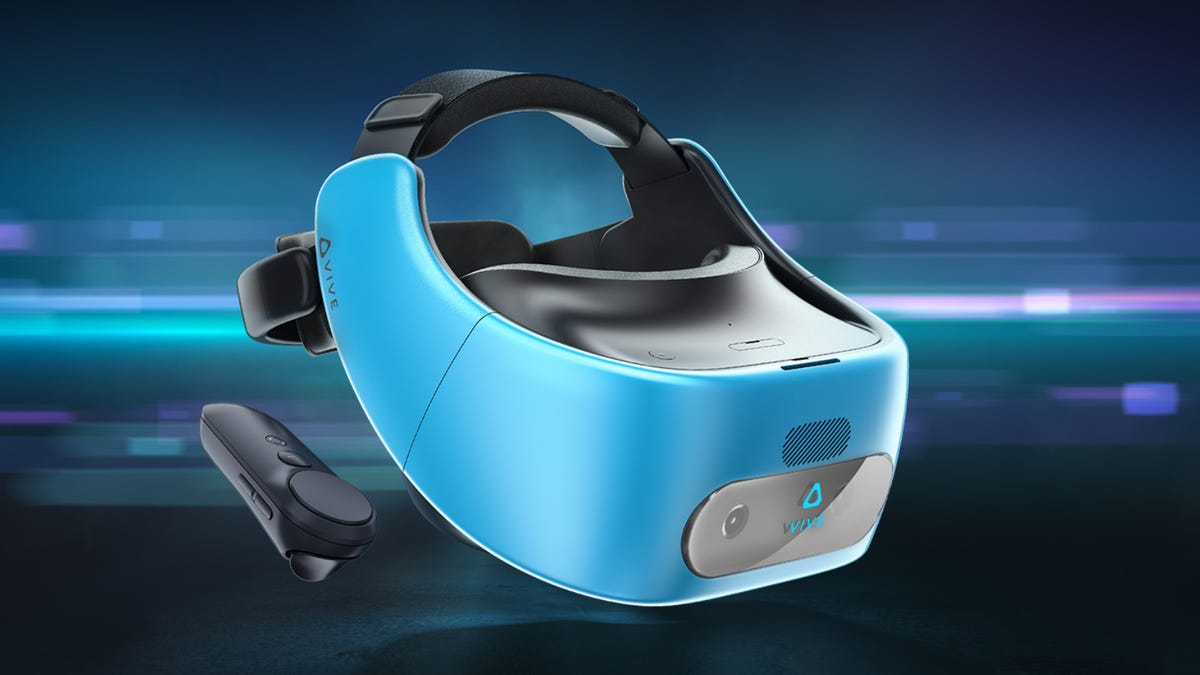HTC Vive Focus standalone VR hitting US later this year
The phone-free, PC-free headset launched in China but is arriving worldwide to compete with Google's Daydream View and Facebook's Oculus Go.

Another VR headset is coming.
HTC Vive Focus, a mobile standalone VR headset first launched last year in China, is now going worldwide by year's end, according to an announcement by HTC during the Game Developers Conference in San Francisco. The headset has built-in 6 DoF (six degrees of freedom) tracking that allows movement in a room without added external sensors. It runs software compatible with HTC's Viveport VR apps and games, not Steam, using a software toolkit called Vive Wave.
This will be the third standalone VR headset we'll see this year. Oculus Go, a $199 phone-free device from the makers of the Oculus Rift, is expected to arrive in May. And Lenovo's Google-partnered Mirage Solo with Daydream headset is coming too, running Google's Daydream VR ecosystem.
The Vive Focus has a Qualcomm Snapdragon 835 processor inside to handle the heavy lifting. But greater things could be coming down the road: Qualcomm's higher-end Snapdragon 845 processor is already in a developer kit VR headset with built-in eye tracking that also includes a Vive Wave SDK for making apps. A follow-up, higher-end Vive mobile device down the road could be likely.
HTC previously suggested to CNET that the Vive VR strategy in the US would be PC-only, but that appears to be changing.

